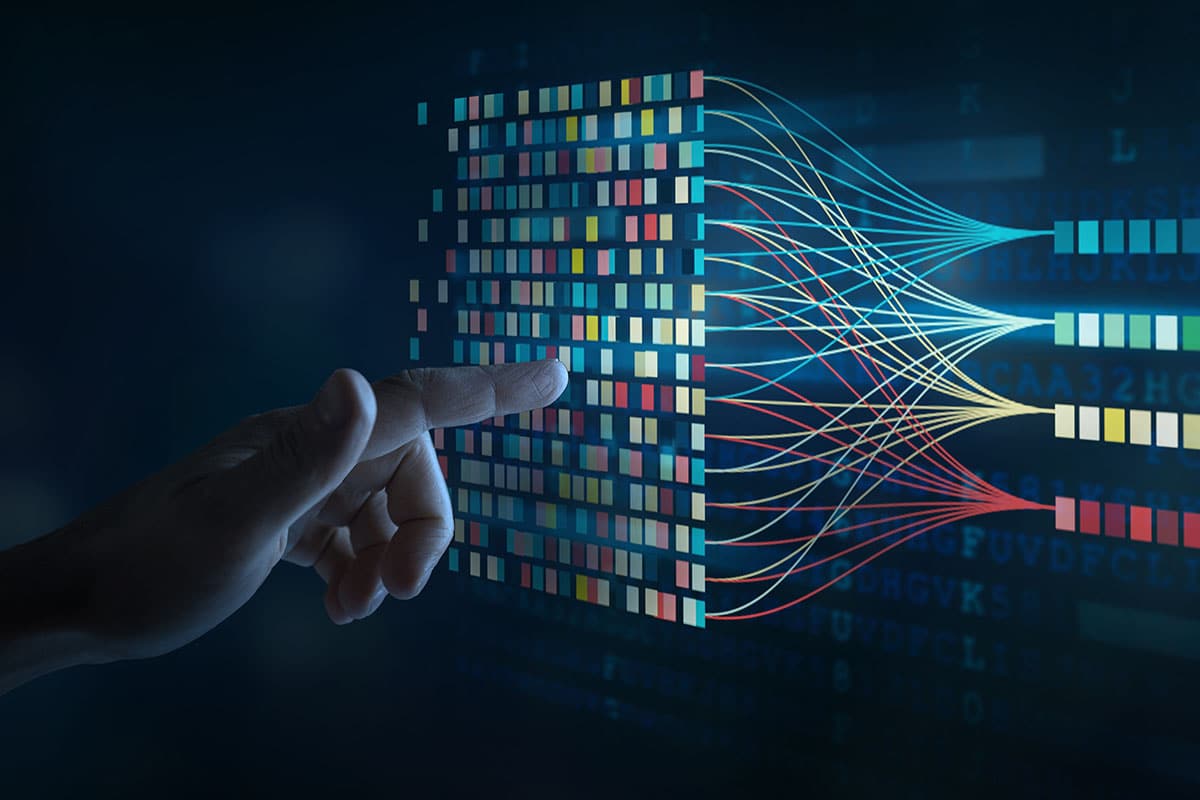Dharmita Prasad, a Research Associate under Professor Dr Ralf Michaels at the Max Planck Institute for Comparative and International Private Law , has been looking into how artificial intelligence (AI) can aid legal research. Her experience with several AI-driven platforms has convinced her that their use can help legal scholars more efficiently find, digest, and connect ideas in the vast array of law-related literature.
As a first port of call, she advises looking at Semantic Scholar, which can help to find gaps in the literature and point to areas for further research. Unlike traditional search engines, Semantic Scholar also searches for synonyms, including legal terminology, which adds a layer of depth to the search results. You can then read the abstracts to find an idea that appeals to you.
She then recommends checking out Elicit and Consensus. Elicit, for example, not only finds relevant papers but also provides summaries and allows for customizations to focus on specific aspects such as hypotheses, datasets, or methodologies used in the research. Consensus, in contrast, generates lists of papers and then gives you direct answers to your research question based on each paper.
To widen your research further, Dharmita recommends having a look at Research Rabbit and Connected Papers, which offer complementary approaches. Research Rabbit analyses the papers a researcher has already gathered, suggesting additional relevant literature, while Connected Papers focuses on mapping out the influential works and research trends visually, which helps in identifying key papers and understanding the trajectory of research developments.
Dharmita also notes the potential usefulness of platforms like Humata, which aids in understanding and navigating a paper you have uploaded to it by then answering questions about it. While it does a reasonable job at a basic understanding of a paper, care should nonetheless be taken as it does not have the ability to understand a topic in depth.
Despite the advantages these AI platforms offer, Dharmita acknowledges their limitations. For example, they largely depend on publicly available and open access literature, which necessarily restricts their scope. Moreover, despite their efficiency in handling large volumes of data, they are no substitute for human judgment, contextual insight, and understanding of nuance. They are tools to aid rather than replace the legal researcher.
